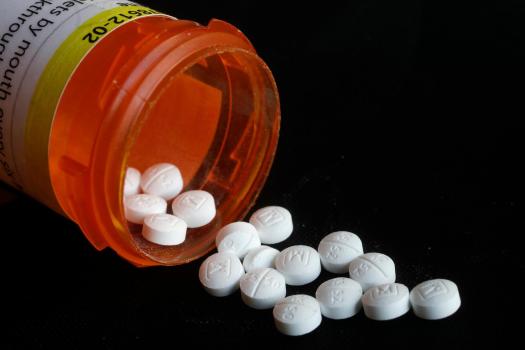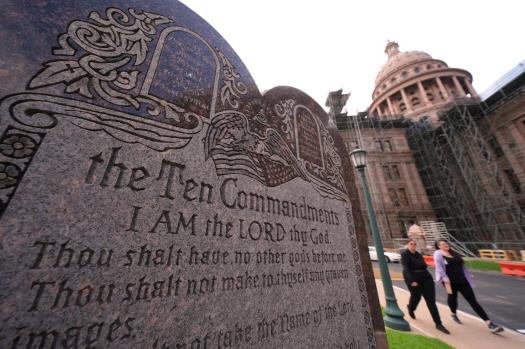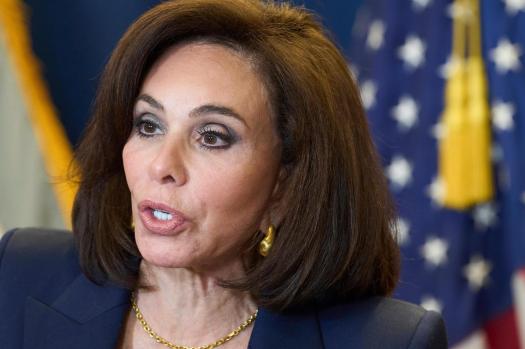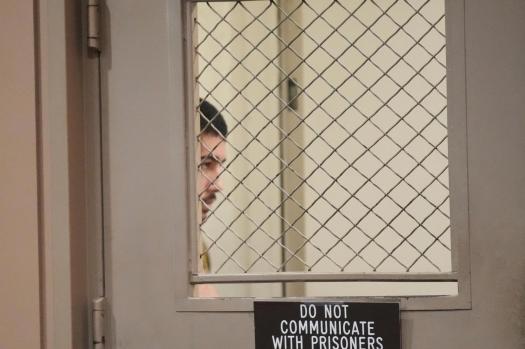GEOFF MULVIHILL
Maker of OxyContinA judge will consider Purdue Pharma’s $7 billion+ deal to resolve thousands of cases over the opioid toll on Friday, possibly leading to votes on its acceptance by local governments, drug addicts, and other groups.
Related Articles
-
Aflac finds suspicious activity on US network that may impact Social Security numbers, other data
-
Sig Sauer, faced with lawsuits over a popular pistol, gets protection in New Hampshire
-
The summer solstice is here. What to know about the longest day of the year
-
Today in History: June 20, Muhammad Ali convicted of draft evasion
-
Yes, more and more celebrities are entering the phone business. Here s why
49 states declared their support for the measure this month. The only state not participating is Oklahoma, which has a separate deal with the business.
Judge Sean Lane of the U.S. Bankruptcy Court may decide as early as Friday whether to proceed with the countrywide settlement, which was negotiated by the company, the parties that filed the lawsuit, and representatives of the Sackler family, the company’s owners.
Government agencies, ER physicians, insurance companies, families of children born into withdrawal from the potent prescription painkiller, individual victims and their families, and others would have until September 30 to decide whether to accept the deal if Lane proceeds with the plan as it has been presented.
Through the deal, cases involving claims totaling over $2 trillion in damages from states alone can be avoided.
If accepted, the settlement would rank among the biggest in a decade-long wave of legal actions by governments and others to hold pharmaceutical companies, distributors, and pharmacies responsible for the opioid crisis that began to worsen in the years following the 1996 release of OxyContin. The majority of the $50 billion total value of the other settlements will be spent to address the situation.
Prescription medications, such as OxyContin, were responsible for the majority of opioid-related deaths in the early 2000s. Since then, the most common killers have been heroin and subsequently illegally manufactured fentanyl. Over 80,000 deaths were attributed to the drug class in certain years, although that number fell precipitously last year.
A version of Purdue’s proposed settlement was denied by the U.S. Supreme Court last year. Even though the Sackler family was not declaring bankruptcy, the court determined that shielding them from claims involving opioids was unlawful.
Under the revised agreement, organizations that choose not to participate in the settlement would still be able to bring legal action against members of the affluent family whose name was previously used to decorate museum galleries worldwide and programs at a number of prominent American colleges.
The plan called for the Sackler family to relinquish ownership of Purdue. Prior to the company’s initial bankruptcy filing in 2019, they ceased collecting payments from its funds and resigned from the board. The remaining organization would be given a new name, and the money it made would go toward fighting the disease.
Potentially more than $850 million would go directly to victims, but the majority would go to state and local governments to combat the country’s addiction and overdose issue. It differs from the other significant settlements because of this.
If enough of the parties involved agree, Judge Lane would be asked to approve the entire proposal at a hearing, which is expected to take place in November, before the payments start.












